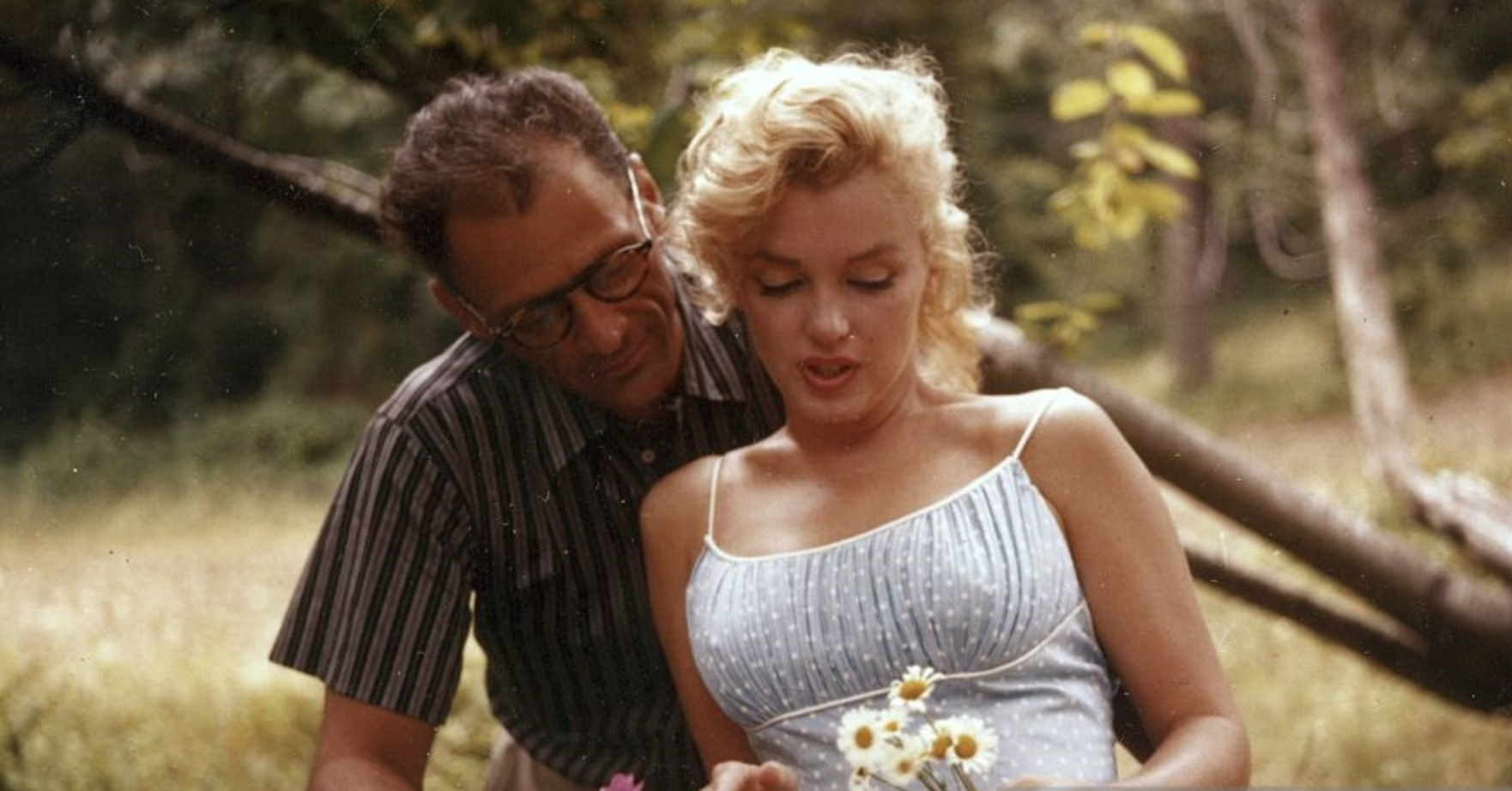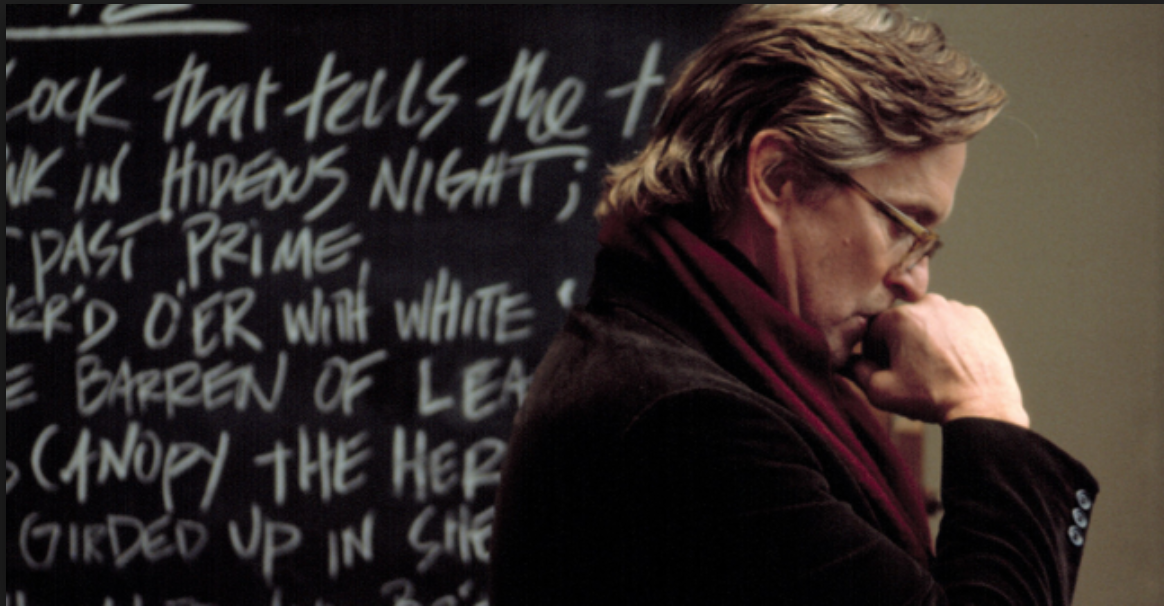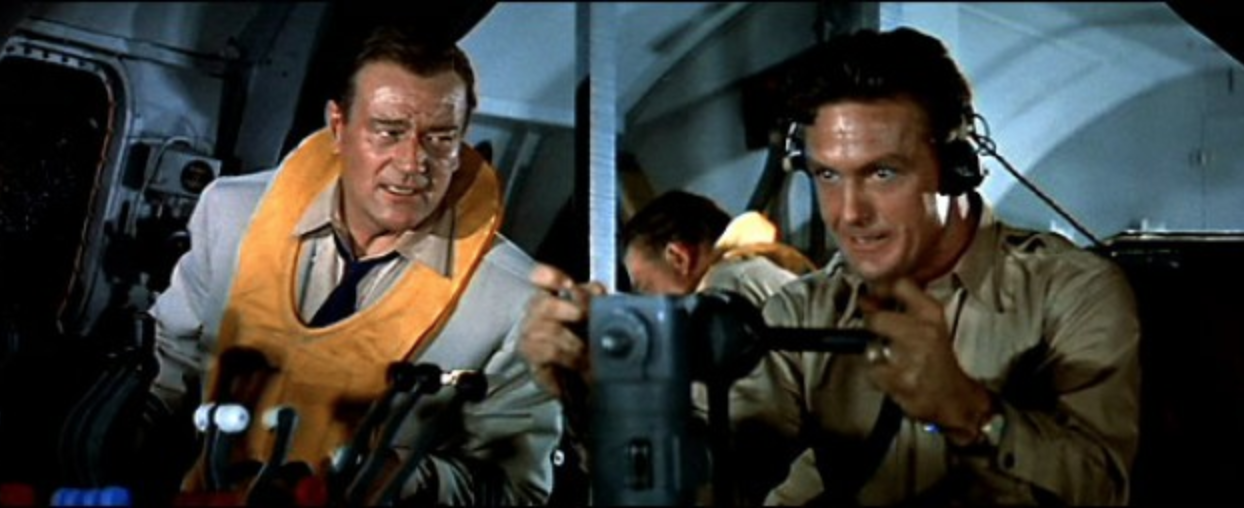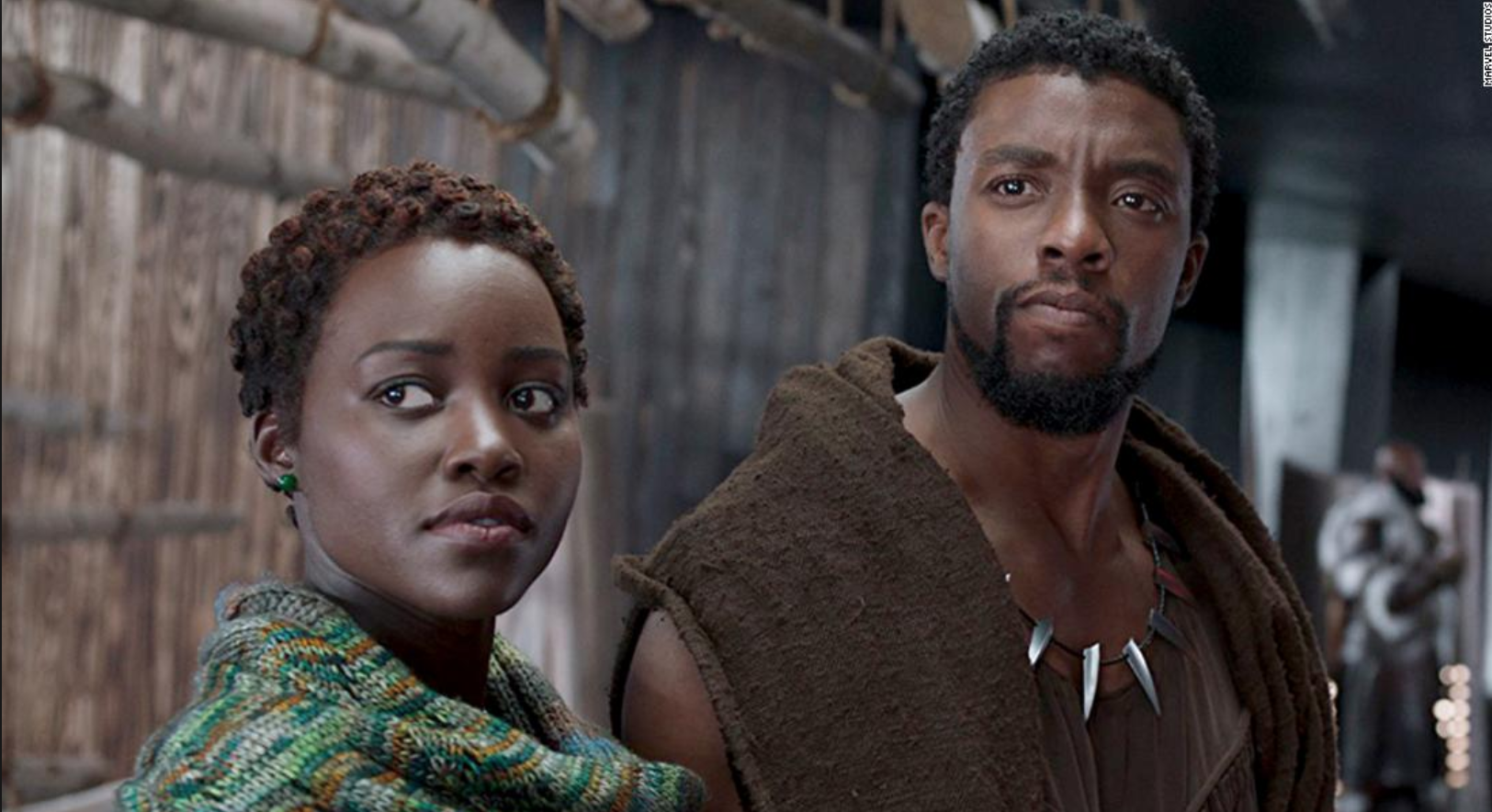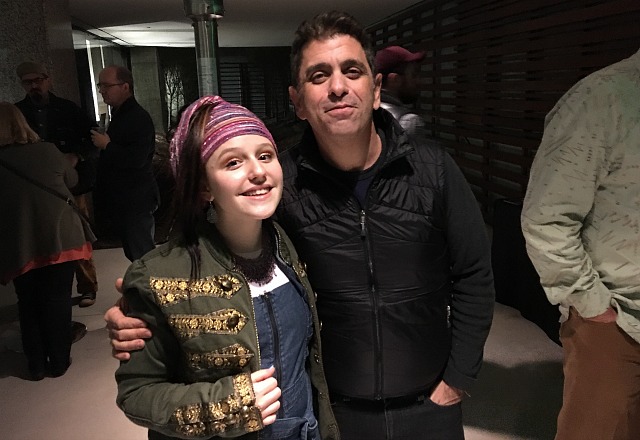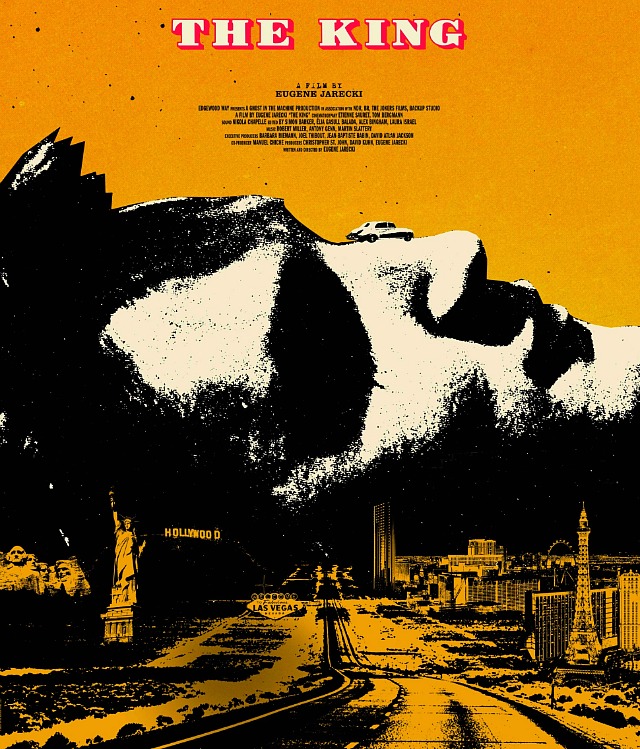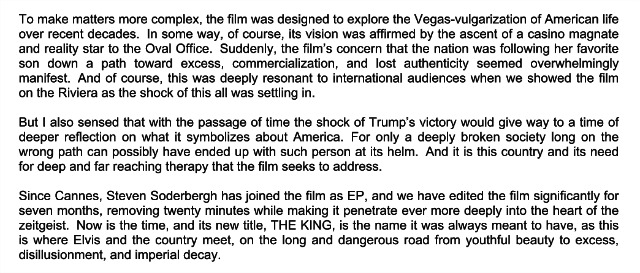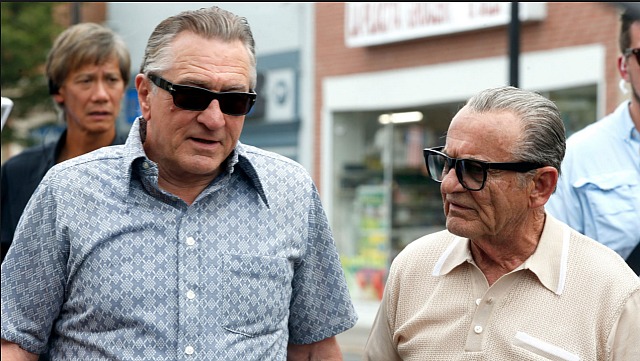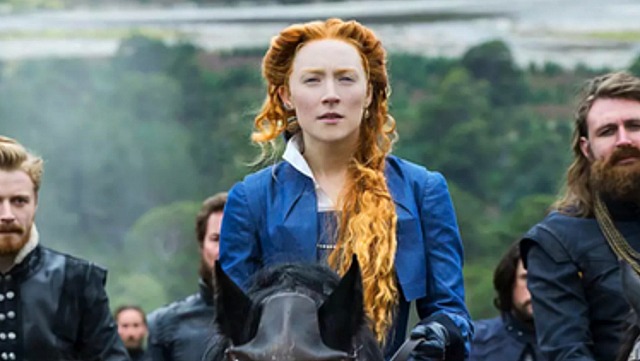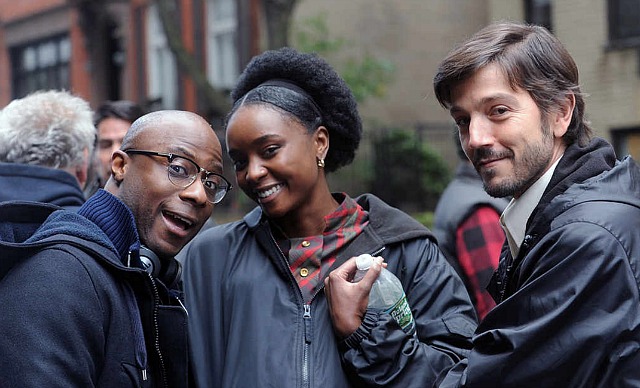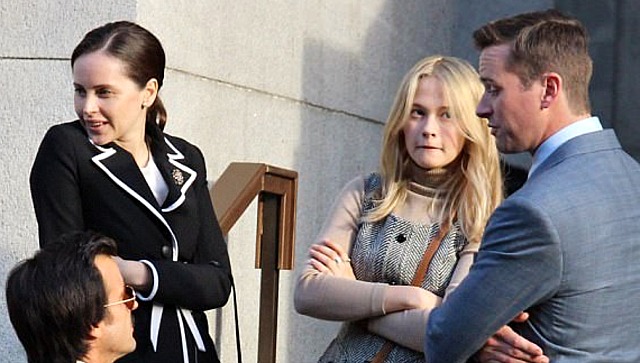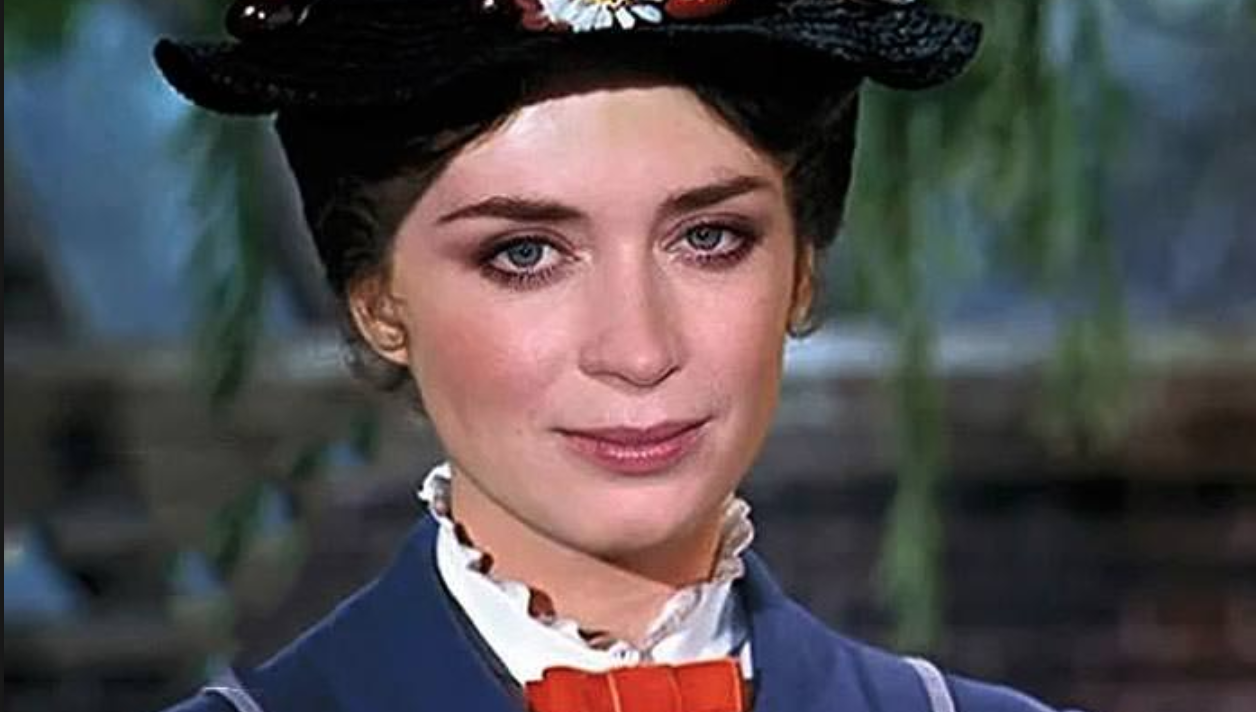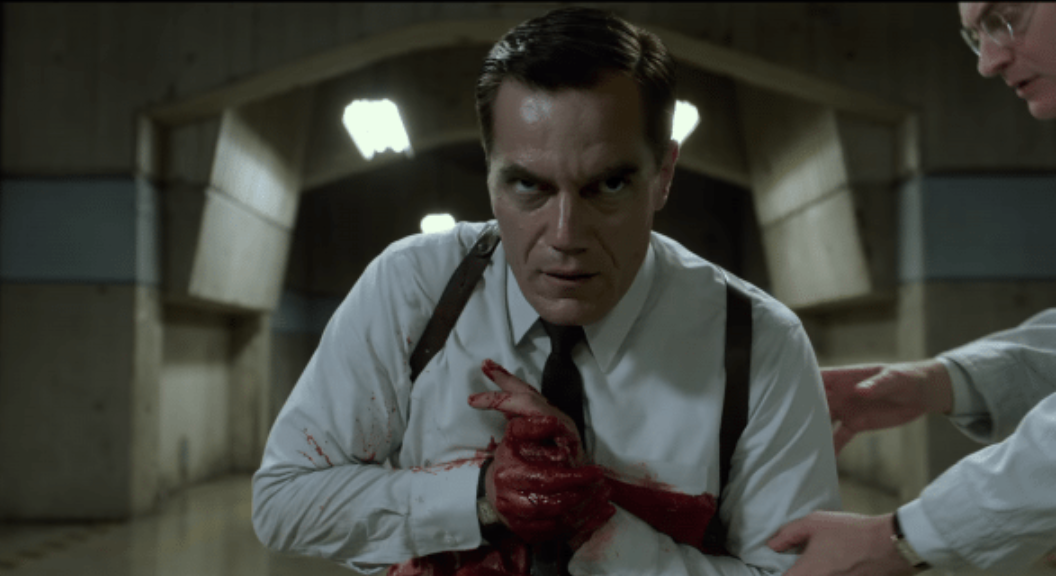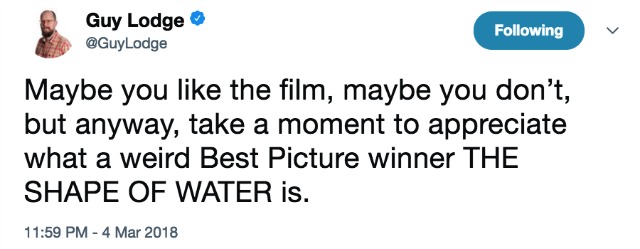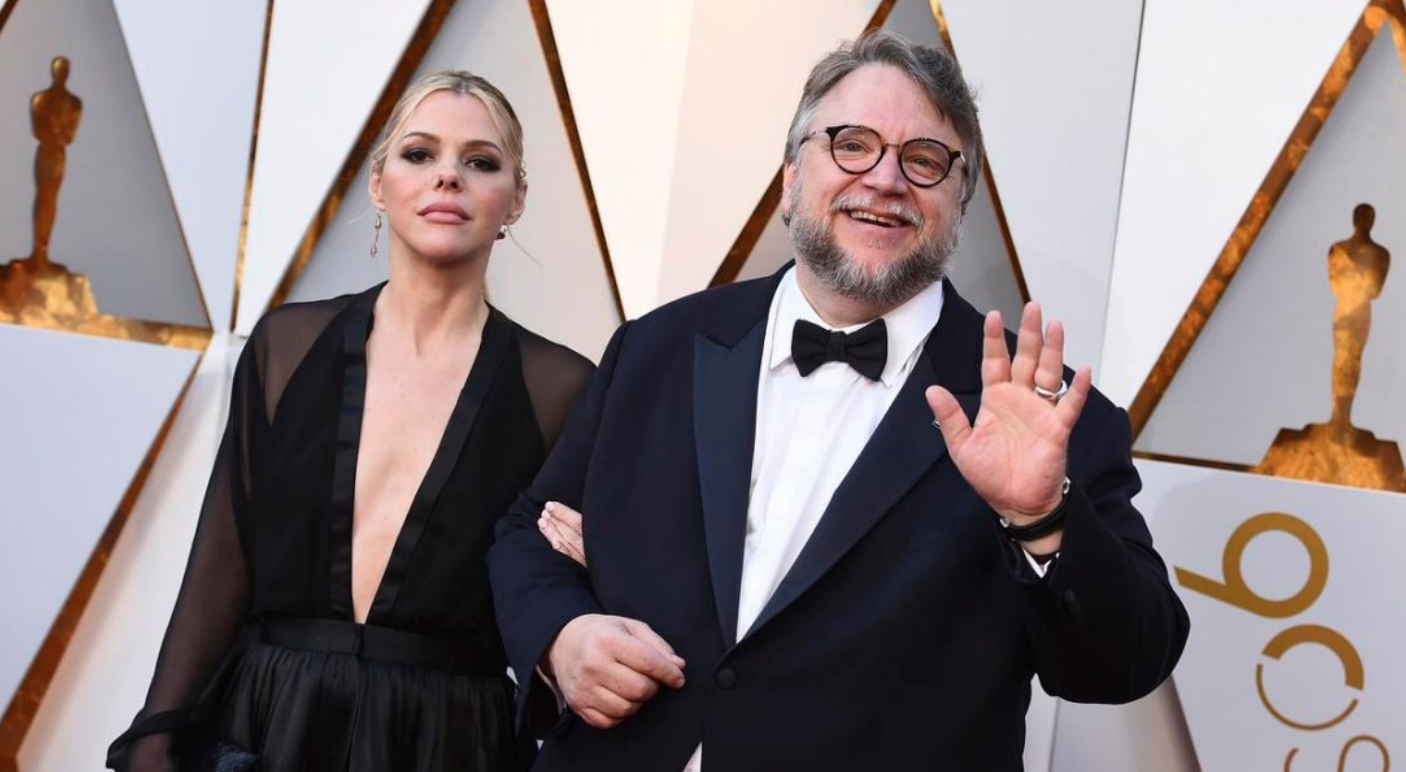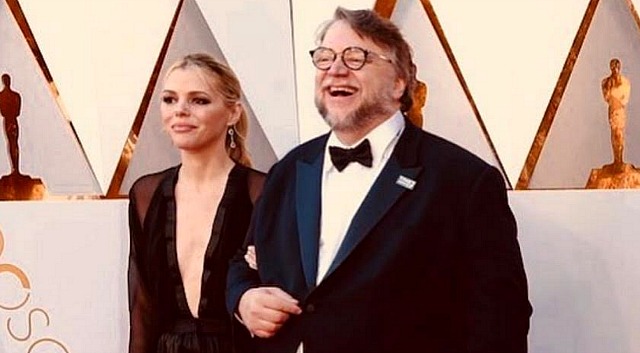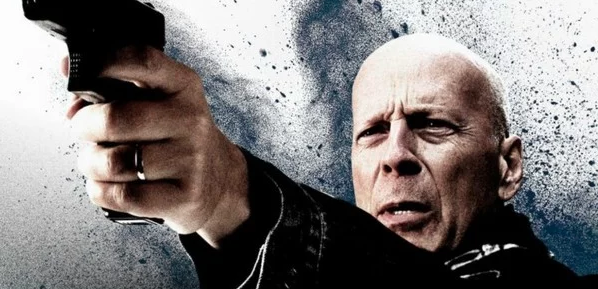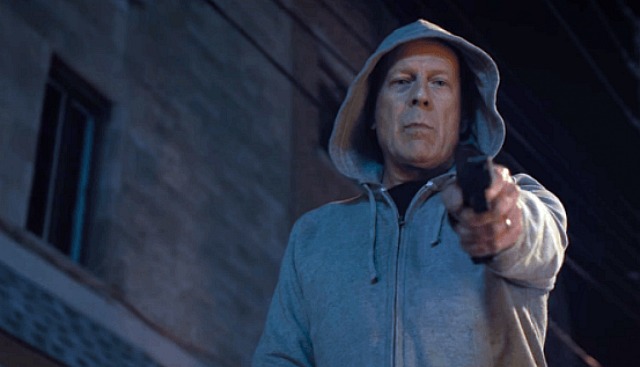I saw and reviewed Rebecca Miller’s Arthur Miller, Writer (HBO 3.19) last November. The HBO premiere happens on 3.19. In recognition of a just-posted trailer, my reactions once again:
“This is a highly personal project by respected director Rebecca Miller, the playwright’s daughter by his third wife. I’ve admired Miller and his plays all my life, but the doc acquainted me with a semi-intimate, unguarded version of him, which was new. Miller was a crusty, somewhat brusque fellow when it came to being interviewed — you could use the words ‘blunt’ or ‘craggy’ — but he never seemed less than wise or perceptive.
“Born in 1915, Arthur Miller led an interesting life as a fledgling writer from the mid ’30s to mid ’40s, but led a ferociously fascinating life when he began to produce important, critically respected plays. His big creative period began in ’47 (All My Sons), peaked in ’49 (Death of a Salesman), rumbled into the ’50s (The Crucible, A View From The Bridge) and concluded with his last two big-league plays (’64’s After The Fall and ’68’s The Price) — a little more than 20 years.
“Miller’s Marilyn Monroe period (’56 to ’61) made him into a paparazzi figure, and also seemed to bring on the beginning of his creative decline. Miller and Monroe divorced in ’61, and of course she died in August ’62, an apparent suicide. Miller still “had it” for a few years after this period. After The Fall, a thinly disguised drama about his turbulent relationship with Monroe, opened in ’64. Then came the less ambitious, more emotionally engaging The Price in ’68.
“It sounds unkind to note this, but from ’68 until his death in ’05 Miller was more or less treading water (trying but never getting there, working on his Roxbury farm, the great man who once was, writing less-than-great plays, writing travel books with his wife) and never managing the comeback that we all wanted to see.

